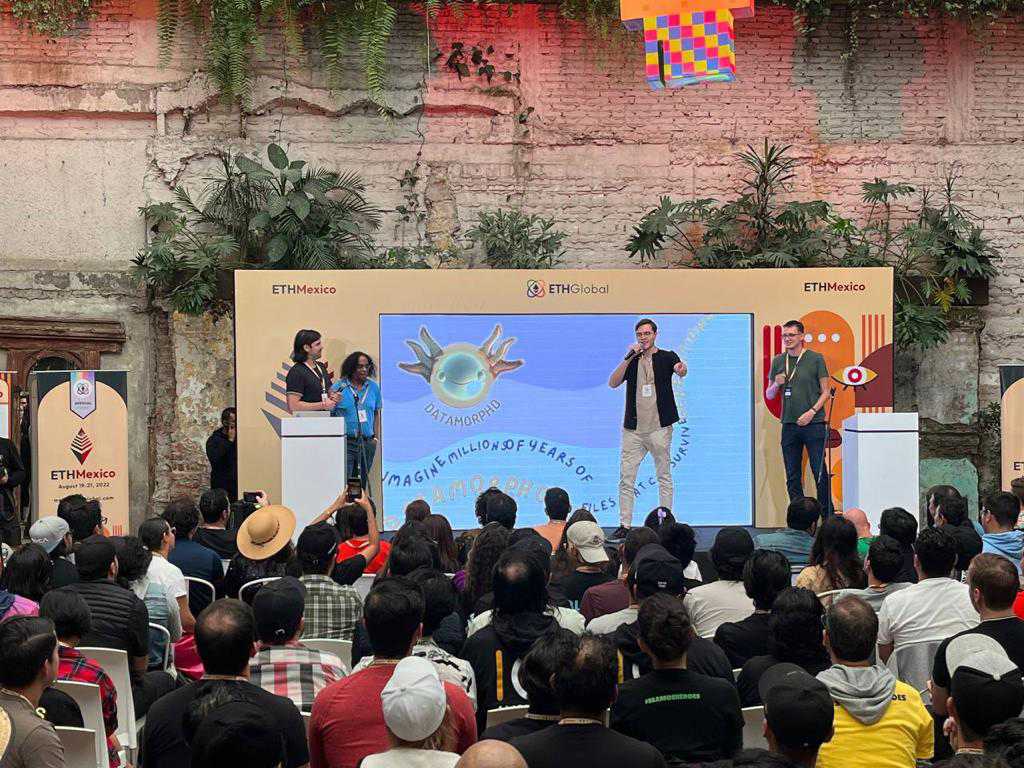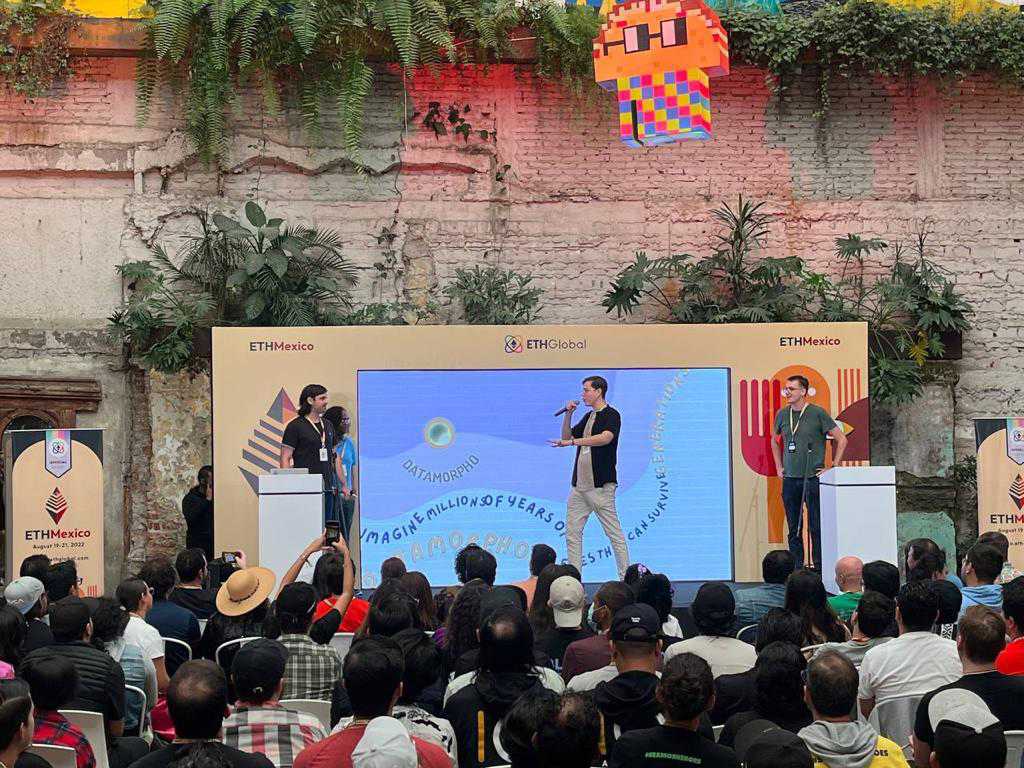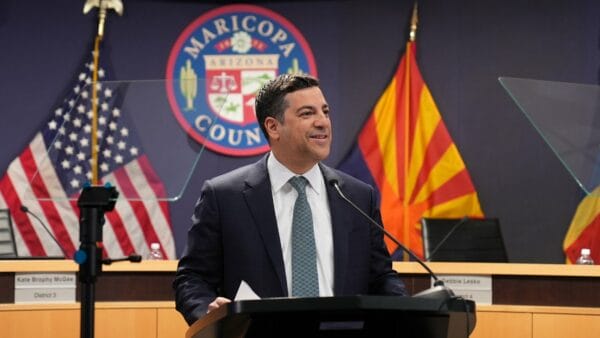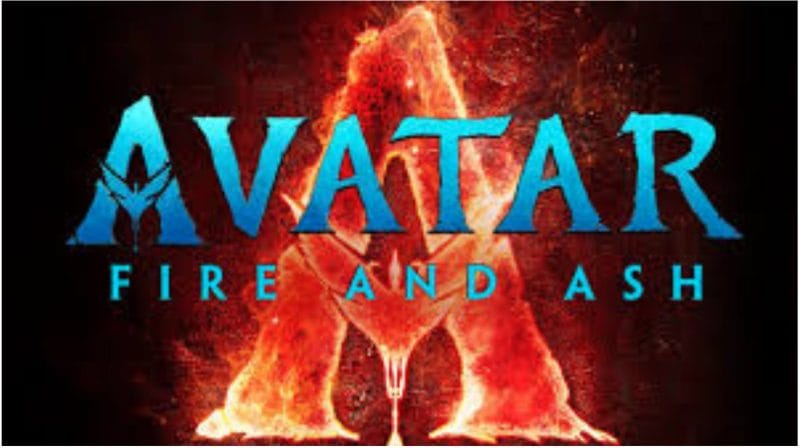By Madelaine Braggs | Rose Law Group Reporter
All is fair in an NFT lottery right? Wrong.
A brilliant invention came out of the ETHGLOBAL hackathon event in Mexico (ETHMEXICO) this week, when Rose Law Group Director of Metaverse Planning & Design Eduardo Dávalos participated in the contest. He and his team of fellow participants created a way to further authenticate legitimacy in NFT minting, so that you can guarantee the organizers of the sale are not prioritizing specific buyers in what is supposed to be a random draw for valuable digital assets.
ETHGLOBAL and Ethereum Foundation, the company behind Ethereum, hosts hackathons around the world that include workshops and missions to find the finest coders and innovators. At ETHMEXICO, Dávalos and his team were tournament finalists, ranked top 12 out of nearly 100 teams, with their product called DATAMORPHO.
“It was a lot of fun I met a lot of interested people in the Web3/Metaverse world. It’s a hackathon, so the main point of the event is to make a project and expose it to the judges,” he said.
What’s the problem?
Through a workshop in the tech conference, Dávalos found “ariutokintumi” from Uruguay, Ben Dumoulin from Belgium, and R. Benson Evans from New York. Together, they created what they think should be a new industry standard. He says when you buy and mint an NFT in a lottery, the asset won’t be revealed until a short period after the purchase, at the seller’s discretion. However, the lotteries aren’t always random.
“What’s happening is a very common, but very bad practice. You don’t know what you’re getting, but some NFTs are more valuable than others. There’s nothing assuring that the more valuable NFTs in the collection aren’t being picked for specific buyers.”
Some bidders are being prioritized, or their friends are being prioritized, or the higher-valued assets just go back to the seller’s own wallet.

We can fix that…
DATAMORPHO allows you to authenticate the legitimacy of the NFT lottery, by skipping the waiting period after you purchase. Once you mint the NFT, the NFT is encrypted with metadata, so the image is there, but the access to view it is not. So, Dávalos and his team created a set of keys that trigger the reveal of the asset. This disables the seller’s ability to pull a switcheroo after all the bids are in.
“We created this so that NFT collections start using this new file standard and can ensure liability and trust,” said Dávalos. It was only his first ETHGLOBAL hackathon, but how many coders can say they pitched their idea in front of Vitalik Buterin, the founder of Ethereum? The Rose Law Group Director of Metaverse Planning and Design said it was an incredibly exciting opportunity to represent his home country of Mexico and make new friends in the industry. He says building a team with a diverse set of skills is one of the most important pieces of a digital assets project.
“You can’t do this on your own, you’ll need help… I’d like to stress the importance of team work and different personalities or skills that complimented each other. My team had never met before, but multiculturality helped somehow. We had a lot of respect and understanding of how we can work together.”
With an industry this new and cutting edge, it’s no surprise that the rules of metaverse marketplaces are being fine-tuned as the technology develops. Scams and rug pulls keep investors observing from a safe distance, but Dávalos says he and the Rose Law Group digital assets team are working feverishly to make sure their clients have the latest tools (and codes in this case) to operate their business transactions with confidence.








